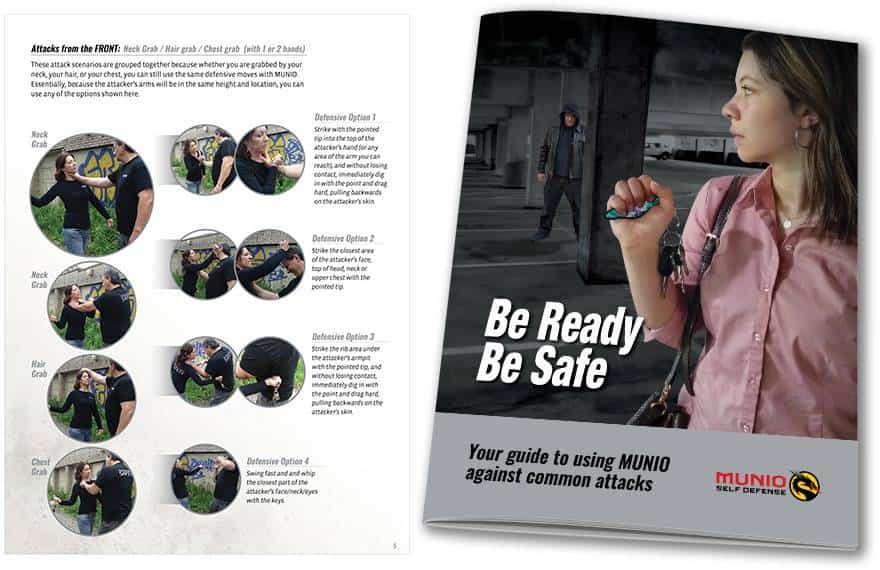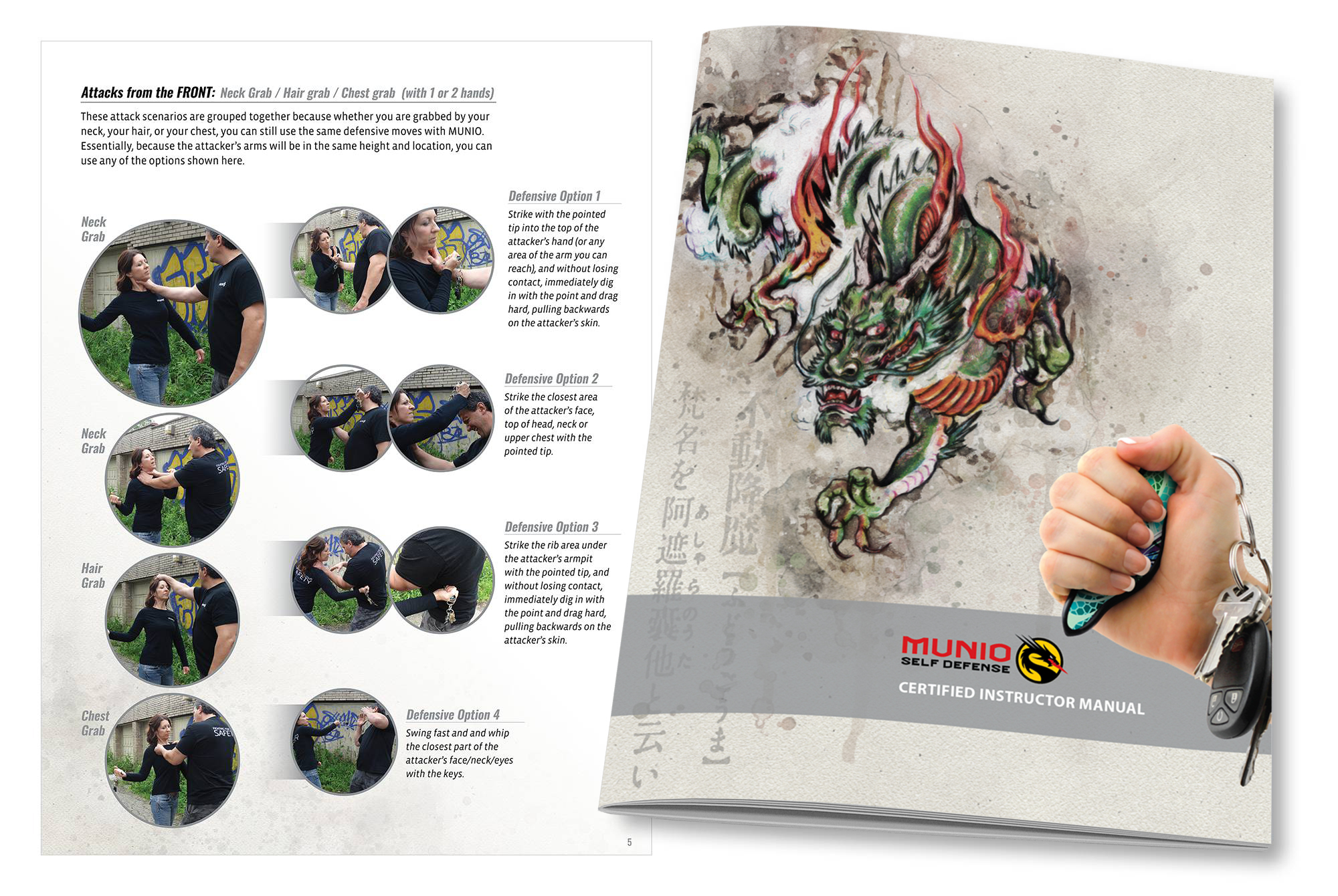Many years ago, when I was working in a specialized street crimes unit, we arrested a young man after he had broken into several cars. When we brought him to our office, we asked him what he and his partner were doing that evening. He said something that has stuck with me for many years.
As investigators, we thought we knew the whys and hows of the criminal mindset and had a good handle on how it worked. What this kid said surprised us all. He said, “Me and Skittles thought we’d just go out and ‘hit a lick’ tonight.” When we asked what he meant, he explained that they were going to commit a crime based on whatever opportunity presented itself — be it a robbery, car break in, etc.
Up until that time, we had dealt primarily with “career criminals,” who had a specific modus operandi, such as burglars, car thieves, and armed robbers. Very few crossed the “crime line.” They were specialists in a very real sense. But, during the time I spent on the street, a shift seemed to have taken place in the mindset of the bad guys. The appearance of “crack” cocaine ushered in a whole new type of criminal and forced law enforcement into a new way of combating crime. To be effective, we had to try and understand how these “new criminals” thought.
Educating yourself and others about the criminal mindset is vital to keeping yourself and others safe. Keep reading for some of the things I’ve learned about today’s criminal personality type.

What Is the Criminal Mindset?
The criminal mindset, or criminal thinking, is strongly based on antisocial values and behavior, and includes a rationalization that the criminal behavior was justified. Individuals possessing this mindset often blame others for their negative behavior and show a complete lack of remorse. The VCA (violent criminal actor) has the ability to compartmentalize and shut off their fear of consequences all while being fully aware and differentiating right from wrong.
Planned vs. Unplanned Crimes
Encounters with VCA (violent criminal actors) may be planned or unplanned. In the case of planned encounters, the criminal usually knows or is familiar with the victim or location and executes the crime when the opening presents itself. This would include robberies, burglaries, and sexual assaults.
Unplanned encounters arise on the spot — so-called “crimes of opportunity.” They tend to result from a trigger that causes the criminal to act, such as seeing a computer laying on the front seat of a car. Some cases of rape and sexual assault are the result of such encounters and are solely based on impulse.
Predators in either case always look for soft targets. They usually move on victims who look fragile, inattentive, or as if they can be easily managed, because they are not looking for a fight.
What Are the Characteristics of A Criminal Mind?
Studies have revealed what seems to be a combination of traits that can lead to criminal mindset and subsequent behavior. According to criminal justice practitioner John Hegger these include:
- Antisocial values: Also known as criminal thinking, this involves rationalization, or the belief the criminal’s behavior was justified. The criminal often blames others for their own negative behavior and shows a lack of remorse.
- Criminal Peers: Peer influence often persuades the individual to engage in criminal behavior. Many criminals are involved with substance abuse and/or sales and have no positive community involvement.
- Antisocial personality: From a young age, fifteen years or younger, a criminal typically exhibits atypical behavior, such as running away, skipping school, fighting, possessing weapons, lying, stealing, vandalism, and harming animals.
- Dysfunctional family: Criminals often come from a poor family background with inadequate emotional and other types of support. Their family members typically don’t know how to express their emotions appropriately and are often engaged in criminal behavior as well.
- Low self-control: Criminals aren’t able to control their temper or impulsivity. With a “right here right now” mindset, they fail to consider consequences or think before acting.
- Substance abuse: Many criminals use drugs or alcohol in a way that significantly impacts their ability to engage in a successful and productive lifestyle. They often have a high drug tolerance and are addicted to such substances.
It should be pointed out that these characteristics, being academic, were postulated by people who were dealing with the criminals in the relative safety of being in a position that the criminal needed something from them (e.g., in a position to influence whether or not the criminal would be released or imprisoned).
For this reason, the criminal needed to stay in the good graces of the interviewer and was often trying to “pull one over” on the person. This is a normal dynamic in institutionalized settings where criminals are studied.
American Psychologist Dr. Stanton Samenow summed up the criminal mindset in this way: “It’s about selfishness … the different manifestations of criminal behavior is just a matter of style.” In other words, it’s all about the criminal. They’re selfish and have no compunction about stealing from you or hurting you to satisfy their desires.
The Criminal Mindset and the Social Contract
Each day of your life, you encounter attitudes, behavior, and ways of thinking that are annoying and selfish. Usually, there are checks and balances that keep them in line in normal, polite society. This is the “social contract,” which allows regular people to function and get along together in their day-to-day activities. In our daily lives, we rely on others to exhibit the same control.
What few people realize is that the criminal or violent person isn’t restrained by the same social contract as everyone else, which means certain antisocial behaviors can grow unchecked. The magnitude and extremes to which a criminal is willing to go are unbelievable to most people.
Stay Safe Against Criminals
It’s hard for some people to believe that the small, annoying conduct they encounter every day could exist in the extreme — as evil. And it can be shocking and frightening when they do encounter someone who doesn’t follow the unspoken rules governing behavior and controlling selfishness.
The first step to staying protected from criminals is being aware of them and understanding their motives — and knowing that your safety depends on staying away from such individuals. Criminals are out there. Keep yourself protected with basic self-defense training and an everyday carry weapon such as a MUNIO safety keychain, and carry yourself with confidence so you don’t come across as an “easy target.”
Stay safe!








